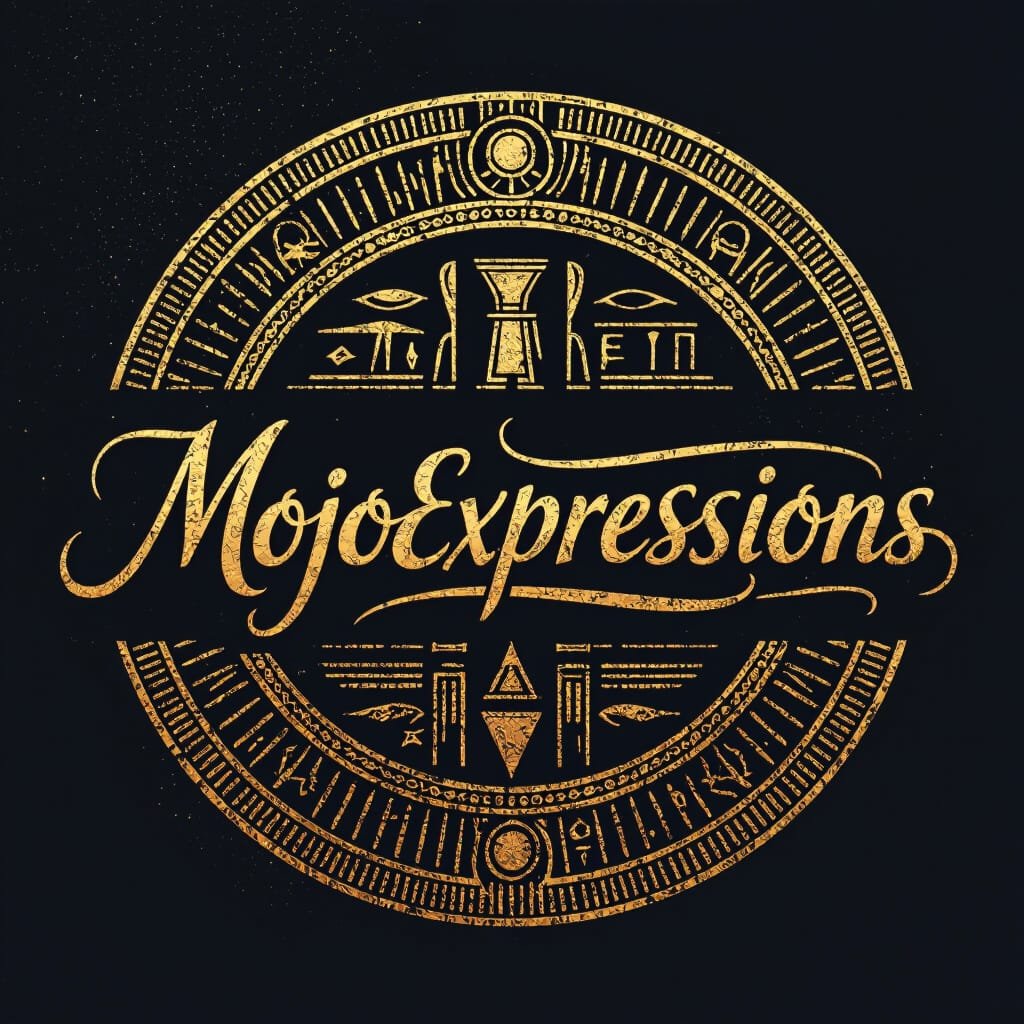Art and creative projects have long been celebrated for their ability to bring joy and inspiration, but did you know that engaging in these activities also triggers profound changes in the brain, influencing mental health, stress management, and overall well-being? In this article, we delve into the scientific studies and data that support the theory that actively participating in art and creativity is a powerful catalyst for positive change.
Art and the Brain: A Neurological Perspective
Numerous scientific studies have explored the impact of art on the brain, revealing fascinating insights into how creative activities influence neural pathways. According to research conducted by the National Institute of Health (NIH), engaging in artistic endeavors stimulates the release of dopamine, a neurotransmitter associated with pleasure and reward. This neurological response not only enhances mood but also contributes to stress reduction.
Flow State and Creativity: Mihaly Csikszentmihalyi's Research
Mihaly Csikszentmihalyi, a renowned psychologist, introduced the concept of "flow" – a state of deep immersion and focus in an activity. Scientifically, this state is characterized by a specific pattern of brain waves. Csikszentmihalyi's research demonstrates that engaging in creative projects often induces this flow state, leading to heightened creativity, increased happiness, and improved mental well-being.
Cultivating a Growth Mindset
The concept of a growth mindset, popularized by psychologist Carol Dweck, emphasizes the belief that one's abilities and intelligence can be developed through dedication and hard work. Engaging in creative pursuits inherently promotes a growth mindset by encouraging individuals to embrace challenges, persist in the face of setbacks, and view effort as a path to mastery. Scientific evidence, including studies published in the Journal of Personality and Social Psychology, supports the positive impact of a growth mindset on mental resilience and well-being.
Positive Change and the Science of Transformation
Scientific research on neuroplasticity, the brain's ability to reorganize and adapt, indicates that engaging in creative activities can contribute to positive structural changes in the brain. Studies, such as those published in the journal Frontiers in Human Neuroscience, highlight the potential for sustained positive changes in cognitive function, emotional regulation, and overall mental health through regular participation in artistic endeavors.
Meditative Benefits of Art and Creativity
Artistic activities often induce a meditative state, promoting relaxation and stress reduction. Research from the American Journal of Public Health suggests that creative practices can lead to decreased cortisol levels, the hormone associated with stress. Moreover, engaging in mindful art-making has been linked to improvements in attention, focus, and overall emotional well-being.
The scientific evidence supporting the positive impact of art and creative projects on mental health, stress management, and overall well-being is compelling. As we embrace the neurological, psychological, and transformative benefits of creative engagement, it becomes clear that integrating art into our lives is not just a source of joy but a scientifically-backed pathway to positive change and enhanced mental resilience. So, pick up that paintbrush, explore your creativity, and let the science of art guide you towards a healthier and more fulfilling life.
Click on connect to join MojoCraft Collective!
